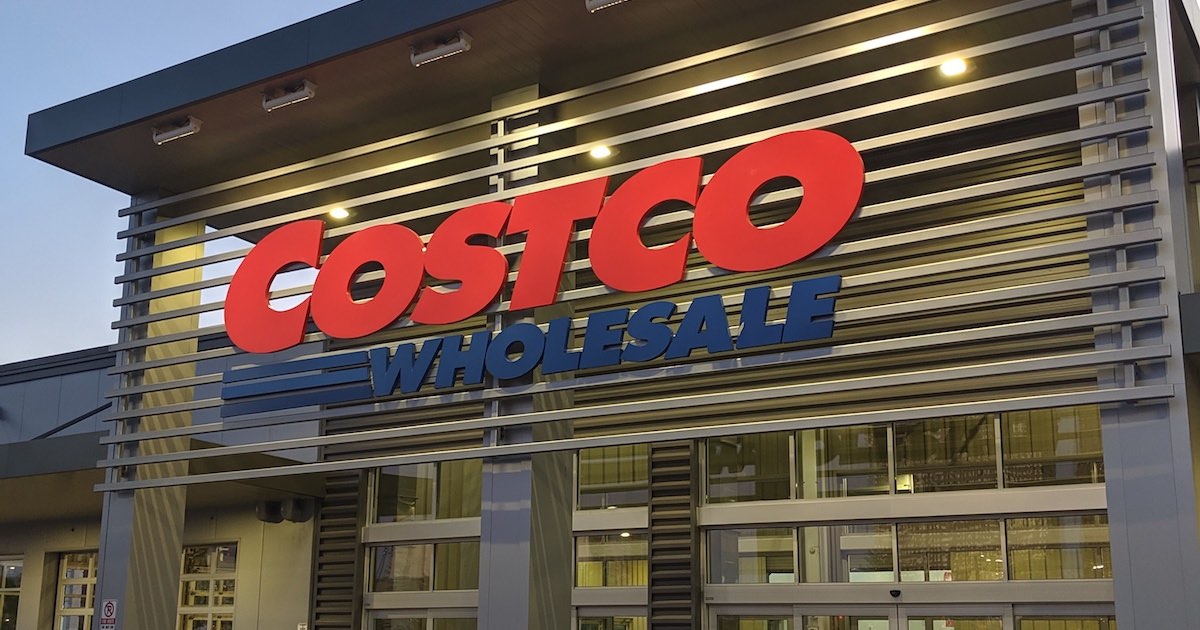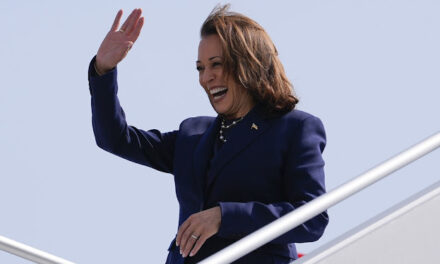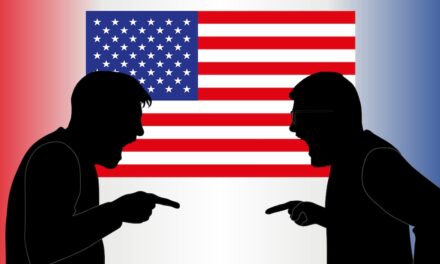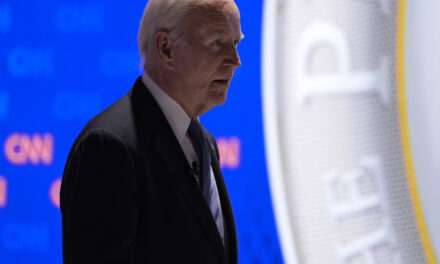LTP News Sharing:
While dozens of companies are abandoning their DEI goals under public pressure, big-box retailer Costco has announced its plans to simply dig its plus-sized heels deeper into the soil of racism.
In a commentary published at RealClearMarkets, Free Enterprise Project Executive Director Stefan Padfield responds to Costco’s defiance, explaining why the company’s adherence to diversity, equity and inclusion will prove to be a lose-lose proposition both for Costco and for those who are already suffering under this divisive agenda.
Read Stefan’s commentary in full below.
Unless you’ve been living under a rock, you know that big-name companies like Walmart, Boeing, Lowe’s and Ford Motors have been rolling back their DEI (diversity, equity, and inclusion) programs. The reasons for this will be fleshed out below, but the focus here is on a notable outlier, Costco, which recently made headlines by releasing its opposition statement to a shareholder proposal my employer, the National Center for Public Policy Research (NCPPR), filed asking Costco to “conduct an evaluation and publish a report … on the risks of the Company maintaining its current DEI … roles, policies and goals.”

Stefan Padfield
I posted a statement on X in response to Costco’s opposition, and want to expand on those comments here.
1. We oppose DEI because DEI institutionalizes, among other things, racial discrimination.
When Costco makes statements about seeking to demonstrate “leadership commitment to equity through … support of diversity and inclusion initiatives within the organization,” and proudly touts that its “workforce is representative of the communities where we do business,” there can be little doubt it is talking about socially engineering its workforce and related parties on the basis of race, sex, and ethnicity. We know this because on the very same page containing these statements Costco also reports that it “closely monitor[s] demographic data at all levels across the organization,” and sets forth detailed charts of gender, race, and ethnicity allocation. Add to this references to “Supplier Inclusion Goals” and “Diversity in Costco’s Product Line” (here) and millions of dollars committed to “the Black Economic Development Fund” and “the Entrepreneurs of Color Loan Fund” and “the Fearless Fund” (yes, the Fearless Fund that was shut down after a court ruled it likely violated federal civil-rights law by excluding applicants other than black women) – and it is difficult to conclude anything other than that Costco has institutionalized the neo-racism popularized by phrases such as “discrimination in the name of anti-discrimination.” (Notably, Costco denied none of the evidence of racial discrimination at Costco we cite in our proposal.)
2. Among other risks, racial discrimination poses material risks to a company’s bottom line.
When it comes to the risks of this neo-racism, relevant reports include a $25M single “reverse discrimination” case against Starbucks, as well as $10B in lost market cap at John Deere before it agreed to walk back its DEI programs in response to Robby Starbuck exposing them. There is much more to say here on relevant risks related to securities fraud, breach of duty, etc., but that will have to wait for another day.
3. Costco apparently justifies its discrimination because, among other things, “a diverse group of employees helps bring originality and creativity to our merchandise offerings.”
One would be forgiven for concluding that this sounds like pure race essentialism. If originality and creativity are the goal, why not just hire the most creative and original people you can? Again, there is much more to say here but one critical question is: Where is the data? We are repeatedly told that what’s valued gets measured, but all we’ve gotten in terms of company-specific support for the “diversity is good for business” mantra appears to be platitudes. It is worth noting the SEC was recently unable to make that claim — as much as it wanted to — in our legal challenge to Nasdaq’s diversity rule, which we won. The totality of the relevant empirical data simply does not support that claim. This constitutes another potential basis for breach of duty and other lawsuits.
4. Costco accuses NCPPR of “inflicting burdens on companies with their challenges to longstanding diversity programs.” However, the wave of customer backlash we’ve seen against DEI recently makes clear that it is DEI that is the problem.
Rather than doing the right thing and evaluating the relevant risks as requested, Costco is apparently doubling down on divisive and value-destroying DEI.
5. Costco also claims NCPPR is not focused on risk-reduction at Costco because it is in reality pursuing “abolition of diversity initiatives.” This is a non-sequitur.
Because corporate diversity initiatives are, among other things, race-discrimination initiatives, they expose companies to legal and reputational risks. Thus, our broader goals are perfectly consistent with the value-maximization goals of our fellow shareholders, not in tension with them. While it is often claimed that our proposals would receive greater support if we truly represented broad shareholder interests, it is important to note that those votes are likely materially distorted by, among other things, ESG-related conflicts at the Big 5 asset managers and proxy advisors, as well as potential internal conflicts at the corporations themselves. One question to ask on the latter point is how willing the companies we deal with have been to negotiate withdrawals of proposals submitted by left-leaning shareholder activists while subjecting NCPPR to ad hominem attacks in opposition statements.
6. Prediction: Costco’s Neo-Racist DEI Programs Won’t See 2026
No, I won’t claim I’ve already gotten this prediction correct because Costco has apparently rebranded its DEI programs as “People & Communities” initiatives. Rather, I’ll simply note that Costco is already the subject of calls for boycotts after it defiantly doubled-down on its neo-racism in response to our proposal, and Robby Starbuck is hinting at a related file drop later this year. Stay tuned.
Author: Stefan Padfield







